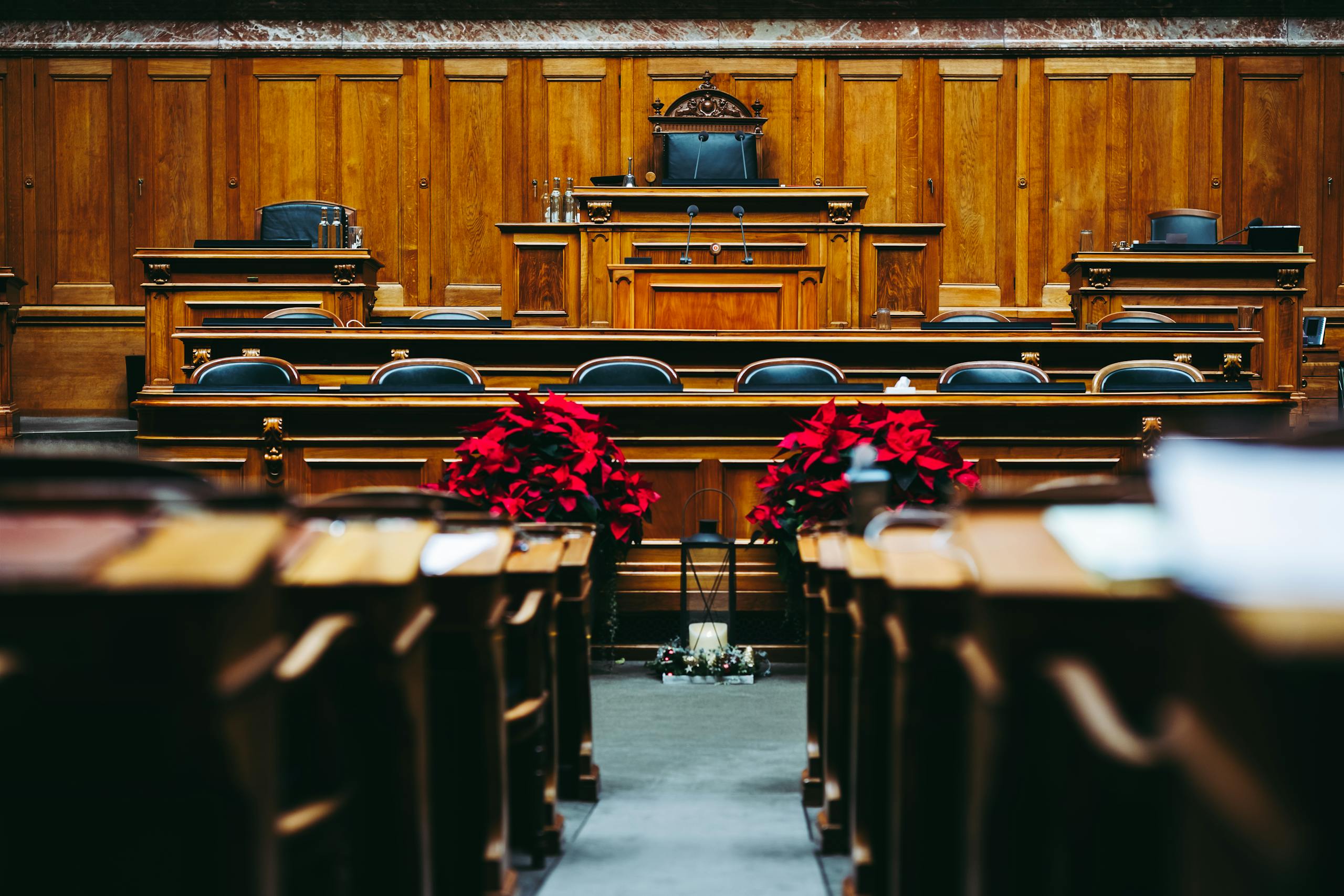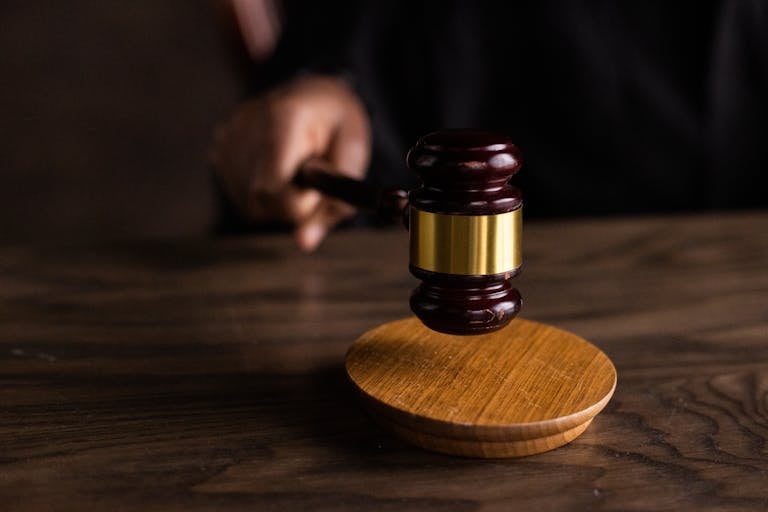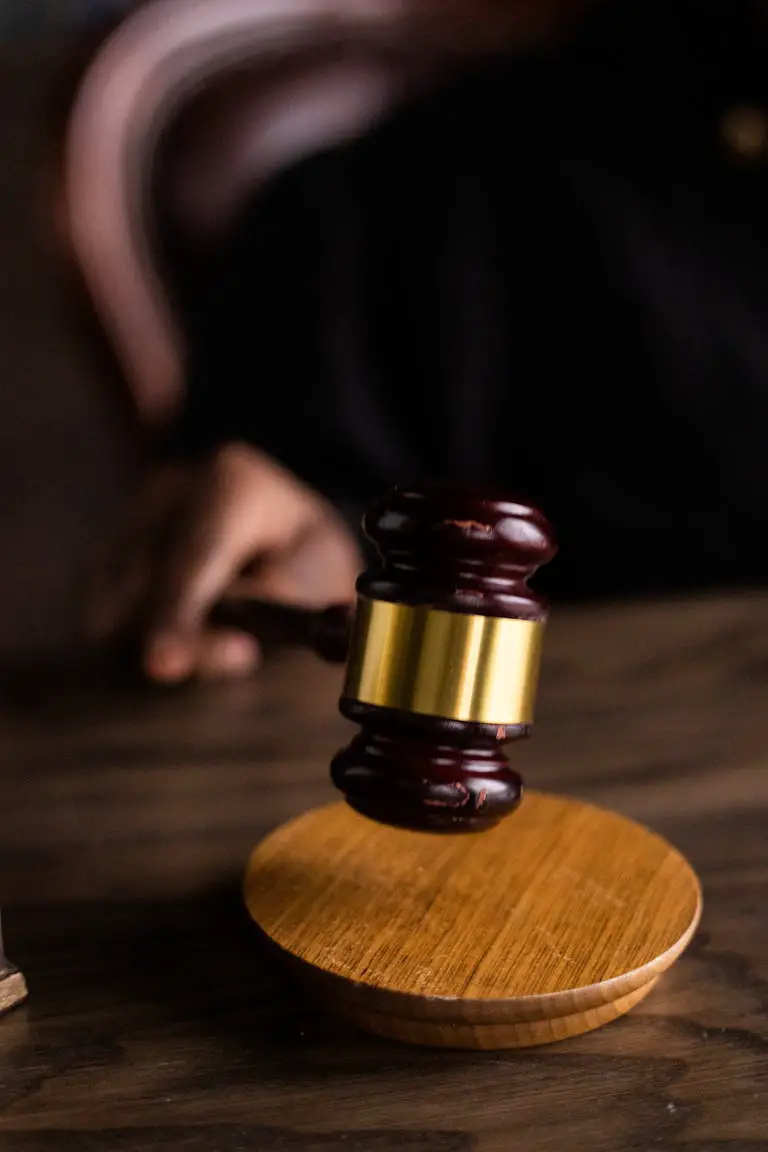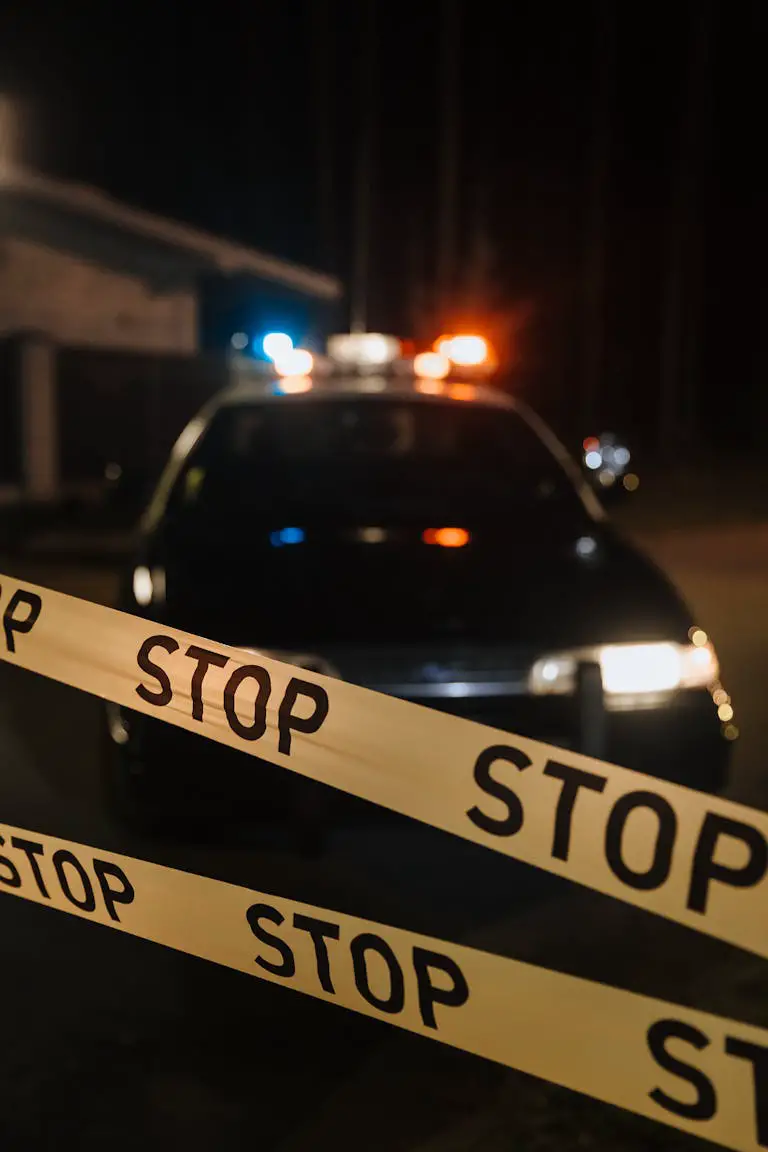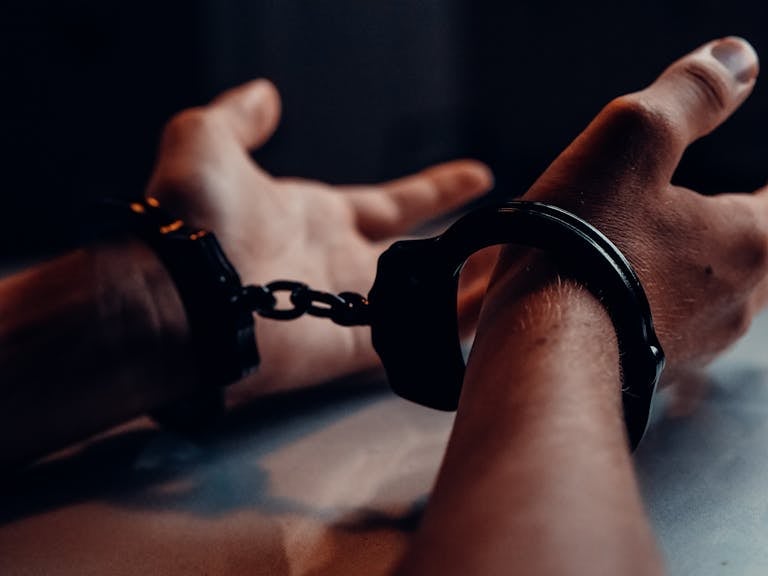What Happens in a Preliminary Hearing? (What You Need to Know in Plain English)
Introduction
Ever wondered what goes down in a preliminary hearing? Whether you’re a law enthusiast, a concerned citizen, or someone who has found themselves on the wrong side of the law (guilty as charged!), understanding the ins and outs of a preliminary hearing is crucial.
Let’s lift the curtain on this legal proceeding and see what’s happening behind the scenes! After reading this – you, as the reader and fellow person in legal turmoil should have a good understanding of:
- The basic concept and purpose of preliminary hearings
- Specific legal procedures involved
- Statistical outcomes
- Jurisdictional variations across the United States
- Real-life examples and frequently asked questions
What Happens in a Preliminary Hearing?
Alright, let’s cut to the chase. A preliminary hearing is like the bouncer at an exclusive legal nightclub. It decides whether the criminal case is VIP enough to make it into the main event – the criminal trial. Here’s the breakdown of what typically happens:
- Setting the Stage: The hearing takes place in a courtroom, but don’t expect any Perry Mason moments just yet. It’s usually a more low-key affair.
- The Players: You’ve got the prosecutor, the defendant, their criminal defense lawyer, and a judge. No jury in sight – they’re saving themselves for the main show.
- Prosecution’s Time to Shine: The prosecutor presents evidence and may call witnesses. It’s like a movie trailer – they’re showing the best bits to convince the judge there’s a real story here based on the evidence presented.
- Defense’s Rebuttal: The defense can cross-examine witnesses and challenge evidence. Think of it as the prosecutor’s claims meeting the defense’s reality check.
- The Judge’s Decision: After hearing both sides, the judge decides if there’s probable cause to believe a crime was committed and the defendant committed it. If yes, it’s off to trial. If not, it’s game over for the prosecution.
But wait, there’s more! Let’s visualize where this fits in the grand scheme of things:
| Legal Stage | Description | Is This the Preliminary Hearing? |
| Arrest | Suspect taken into custody | Nope, too early! |
| Booking | Processing of arrest information | Still waiting… |
| Initial Appearance | First court appearance, Rights Read | Getting warmer! |
| Preliminary Hearing | Our star of the show! | 🎉 You are here 🎉 |
| Arraignment | Formal reading of charges, Plea Entered | Not yet, but soon! |
| Trial | The main event | If we make it this far! |
Diving Deeper: Specific Legal Procedures in Preliminary Hearings
Let’s take a closer look at the nuts and bolts of preliminary hearing procedures:
- Burden of Proof: The prosecution must establish probable cause, a lower standard than the “beyond a reasonable doubt” required at trial. This means showing that an alleged crime probably occurred and the defendant probably committed it.
- Rules of Evidence: While the rules are more relaxed than at trial, there are still guidelines:
- Hearsay evidence is often admissible, unlike in trials
- Physical evidence must be authenticated
- Witness testimony is given under oath
- Cross-Examination: The defense has the right to cross-examine prosecution witnesses, but the scope may be limited by the judge to keep the hearing focused.
- Defendant’s Rights: The defendant has the right to:
- Be present at the hearing
- Be represented by private counsel
- Present their witnesses and evidence (though this is less common)
- Remain silent without it being held against them
It is crucial to consult with experienced criminal defense counsel during preliminary hearings to effectively challenge the prosecution’s evidence and shape the outcome of the case.
- Judicial Role: The judge acts as a neutral arbiter, deciding:
- Admissibility of evidence
- Credibility of witnesses
- Whether probable cause exists
- Timeframe: Preliminary hearings must typically be held within a specific timeframe after the initial appearance, often 10 to 14 days for in-custody defendants.
By the Numbers: Statistics on Preliminary Hearing Outcomes
While comprehensive national statistics are limited, here are some insightful figures:
- According to a study in one major urban jurisdiction:
- Approximately 70% of felony cases that reach the preliminary hearing stage are bound over for trial
- About 20% result in dismissal or reduction of charges
- The remaining 10% are resolved through plea bargain, plea negotiations or other dispositions
- In federal cases:
- Only about 2-3% of cases go through preliminary hearings
- The majority are resolved through the grand jury process instead
- Time efficiency:
- On average, preliminary hearings last 30-90 minutes
- Complex cases can extend to several hours or even multiple days
- Impact on case resolution:
- Cases that go through preliminary hearings are more likely to result in plea bargains before trial
- Approximately 40% of cases bound over after a preliminary hearing end in plea agreements within 60 days
Preliminary hearings serve as a critical checkpoint in the legal process, filtering cases and facilitating early resolution of charges. These statistics highlight the significant role preliminary hearings play in filtering cases and facilitating early resolution of charges.
Jurisdictional Variations: Preliminary Hearings Across the U.S.
The preliminary hearing process can vary significantly depending on the jurisdiction:
- Federal vs. State Courts:
- Federal system: Rarely uses preliminary hearings, relying more on grand juries
- State systems: More commonly employ preliminary hearings, but practices vary
- “Information” vs. “Indictment” States:
- Information states (about half): Use preliminary hearings more frequently
- Indictment states: May use grand juries instead of or in addition to preliminary hearings
- California:
- Known for detailed preliminary hearings that can last days
- Often used as a discovery tool by the defense
- If a case is not dismissed after a preliminary hearing, it may proceed to a jury trial
- New York:
- Allows for “prima facie” hearings, a streamlined version of preliminary hearings
- Prosecution can proceed by written complaint rather than live testimony
- Texas:
- Allows for “examining trials,” similar to preliminary hearings
- Can be waived in favor of grand jury proceedings
- Florida:
- Preliminary hearings are rare due to a requirement that charges be filed quickly
- Often replaced by “adversary preliminary hearings” requested by the defense
- Pennsylvania:
- All criminal cases start with a preliminary hearing unless waived
- Magistrates, not judges, often preside over these hearings
These variations underscore the importance of understanding local procedures when navigating the criminal justice system.
Real-Life Examples: When Preliminary Hearings Are Waived
Let’s examine some cases where preliminary hearings played a crucial role:
- Property Dispute Case: In 2019, a man was charged with assault for allegedly attacking his neighbor during a property line dispute. During the preliminary hearing, evidence revealed that the alleged weapon was actually a harmless plastic gardening tool. The judge determined there was insufficient evidence to proceed, and the case was dismissed.
- Workplace Theft Allegation: A preliminary hearing was held for an employee accused of embezzling $5,000 worth of merchandise from their workplace. The prosecution presented financial records and surveillance footage as part of the evidence presented. However, the defense successfully argued that the evidence was circumstantial, leading to a reduction in charges before proceeding to trial.
- Social Media Threat Case: A teenager faced charges for making terrorist threats based on a social media post. The preliminary hearing revealed that the post consisted of song lyrics taken out of context. This discovery led to the case being dropped, highlighting the importance of thorough investigation and context in digital communication cases.
- Drug Possession Charge: During a preliminary hearing for a drug possession case, the defense challenged the legality of the search that led to the discovery of the substances. The judge ruled that the search was conducted without probable cause, resulting in the evidence being suppressed and the case dismissed.
These examples demonstrate how preliminary hearings can serve as a crucial checkpoint in the legal process, allowing for early evaluation of evidence and protecting individuals from unwarranted prosecution.
Frequently Asked Questions: What Happens After the Preliminary Hearing?
Here’s an expanded list of common questions about preliminary hearings:
- Q: Is a preliminary hearing the same as a trial? A: No, a preliminary hearing is a pretrial proceeding to determine if there’s enough evidence to proceed to trial.
- Q: Do I need a lawyer for a preliminary hearing? A: While not legally required, it’s highly recommended to have legal representation to protect your rights and interests.
- Q: Can charges be dismissed at a preliminary hearing? A: Yes, if the judge finds no probable cause, charges can be dismissed.
- Q: How long does a preliminary hearing usually last? A: Typically a few hours, but it can vary depending on the complexity of the case.
- Q: What should I wear to a preliminary hearing? A: Dress respectfully and conservatively, as you would for any important formal occasion.
- Q: Can new evidence be introduced at a preliminary hearing? A: Yes, both the prosecution and defense can present evidence and call witnesses.
- Q: Is the defendant required to testify at a preliminary hearing? A: No, the defendant has the right to remain silent and cannot be compelled to testify.
- Q: What happens if the judge finds probable cause? A: The case will proceed to arraignment and potentially to trial.
- Q: Can the public attend a preliminary hearing? A: Generally, yes. Preliminary hearings are usually open to the public unless the judge orders otherwise.
- Q: Is it possible to waive a preliminary hearing? A: Yes, a defendant can choose to waive their right to a preliminary hearing, but this decision should be made carefully and with legal advice.
- Q: How is a preliminary hearing different from a grand jury proceeding? A: A preliminary hearing is conducted in open court with a judge, while a grand jury proceeding is held in private with no judge present.
- Q: Can the decision made at a preliminary hearing be appealed? A: Generally, the immediate results of a preliminary hearing cannot be appealed, but issues raised during the hearing can be addressed later in the legal process.
- Q: What happens after the preliminary hearing? A: If the judge finds probable cause, the case moves to arraignment where the defendant is formally charged and enters a plea. This is followed by pre-trial conferences to discuss the case and any potential plea bargains. The process can vary by jurisdiction.
Conclusion: The Verdict on Preliminary Hearings
There you have it! The preliminary hearing: not quite a trial, definitely not a party, but a crucial step in the legal process. It’s where the rubber meets the road in determining if a case has enough meat to make it to trial.
Remember, while we’ve had a bit of fun here, preliminary hearings are serious business. They play a vital role in our justice system, ensuring that only cases with sufficient evidence proceed to trial. It’s like a legal quality control system, filtering out the weak cases and letting the strong ones through.
Whether you’re facing a preliminary hearing, know someone who is, or are just an avid Law & Order fan, understanding this process is key to navigating the complex world of criminal justice. And hey, the next time someone asks you what happens in a preliminary hearing, you can wow them with your legal savvy!
Just remember: in the courtroom, save the jokes for the professionals. Trust me, judges have heard them all before – and their punchlines pack a lot more punch than ours!

